
Indonesia is currently facing a very critical situation. The wave of crisis affecting society is increasingly felt across various sectors. The soaring prices of basic necessities, the growing tax burdens—with some regional leaders raising taxes by more than 250%—inadequate wages, massive layoffs, unclear job status, and the lack of job opportunities have become the main triggers of public unrest. In addition, unresolved poverty alleviation efforts and recurring natural disasters are worsening the situation.
Public disappointment has peaked as they witness the stark gap between the lives of ordinary people and the ruling elite. Legislators are busy discussing allowance increases, while executive officials are entangled in large-scale corruption. Amid the people’s suffering, news emerged of officials receiving salary increases amounting to hundreds of millions of rupiah, along with luxurious facilities. Ironically, the performance of both parliament and government is considered lacking, overshadowed by massive corruption cases. Many draft bills remain unfinished, including the asset seizure law for corruptors, while controversial statements from certain members of parliament have further fueled public anger.
Furthermore, public dissatisfaction eventually erupted into waves of demonstrations in major Indonesian cities. Thousands of students, workers, farmers, online transport drivers, and civil society groups took to the streets demanding change and justice. However, what began as peaceful protests gradually turned heated.

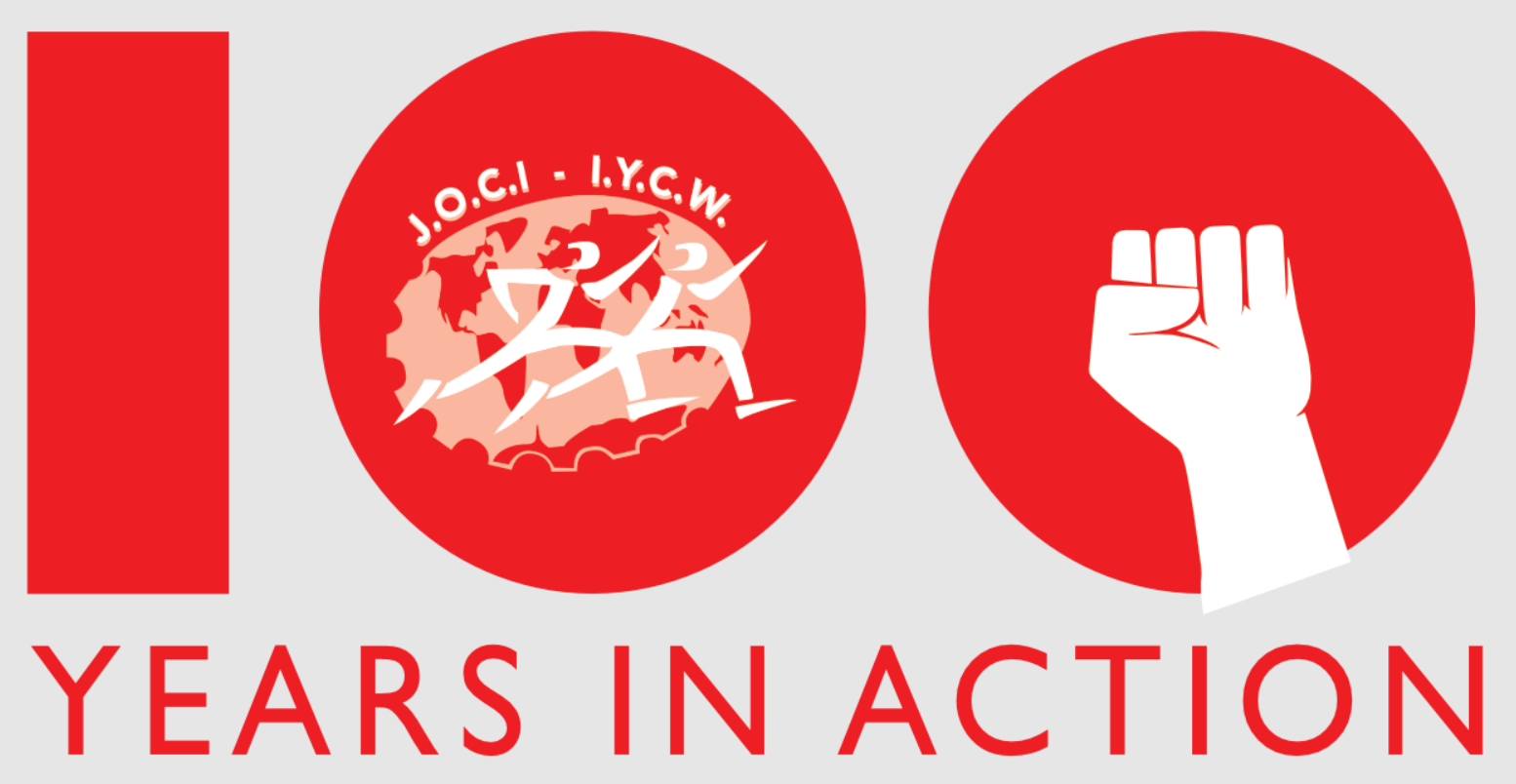
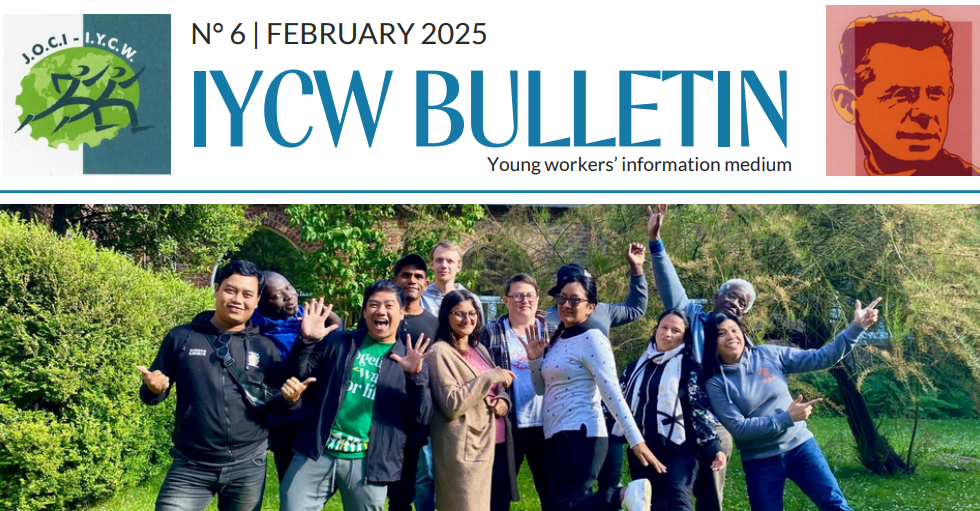

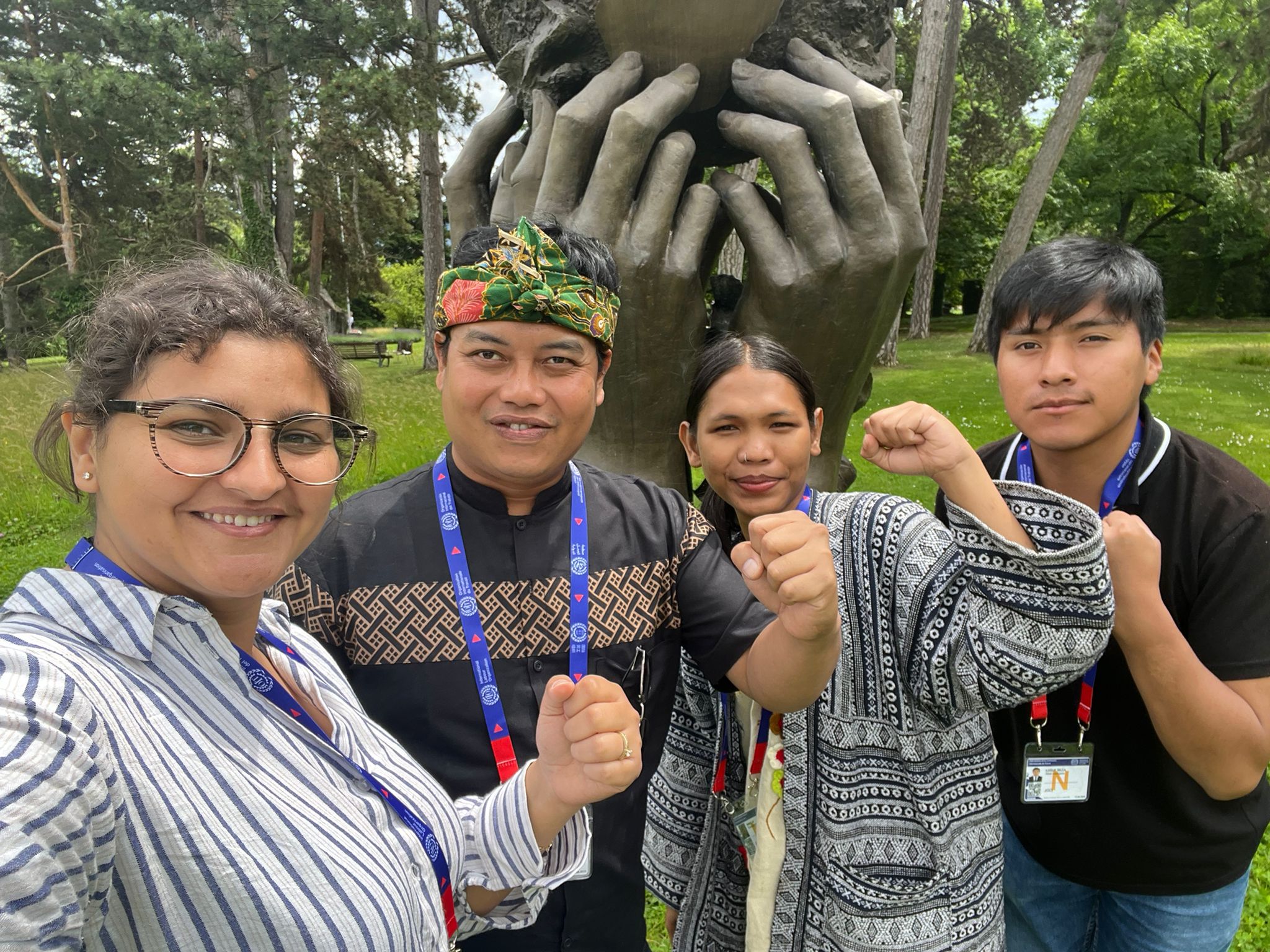
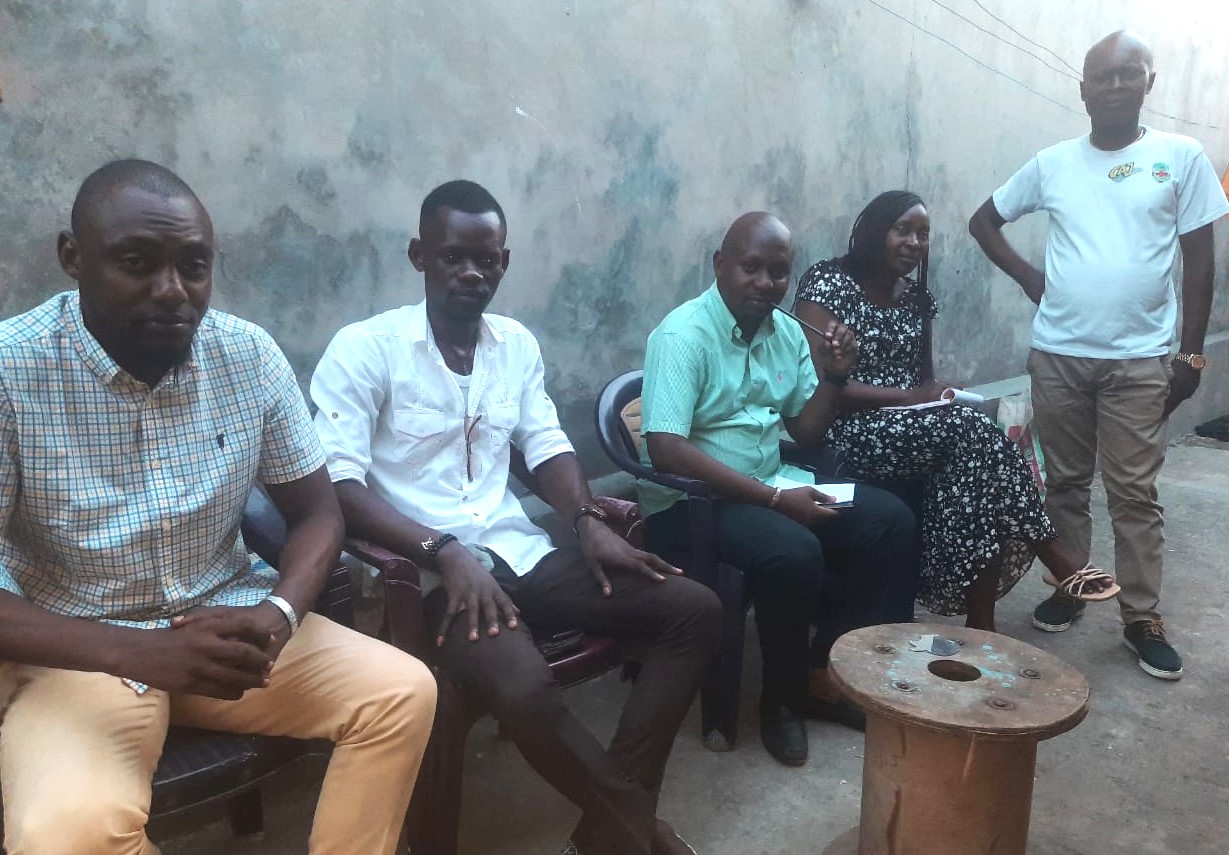

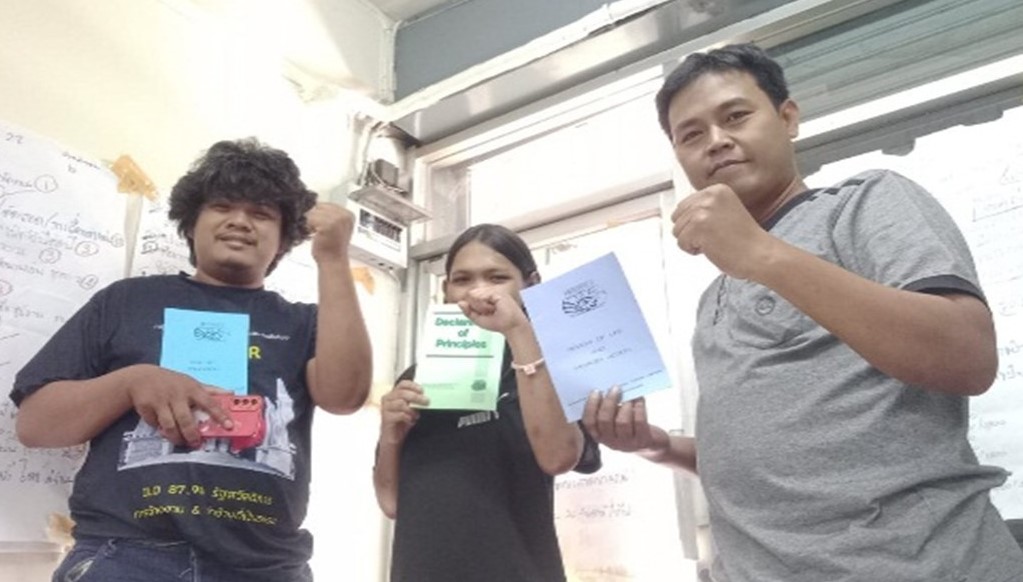
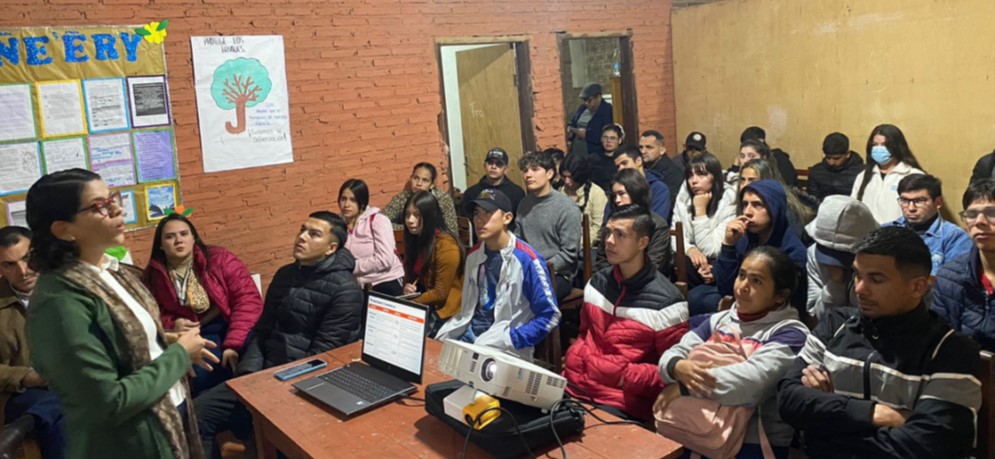



 English
English  Español
Español  Français
Français